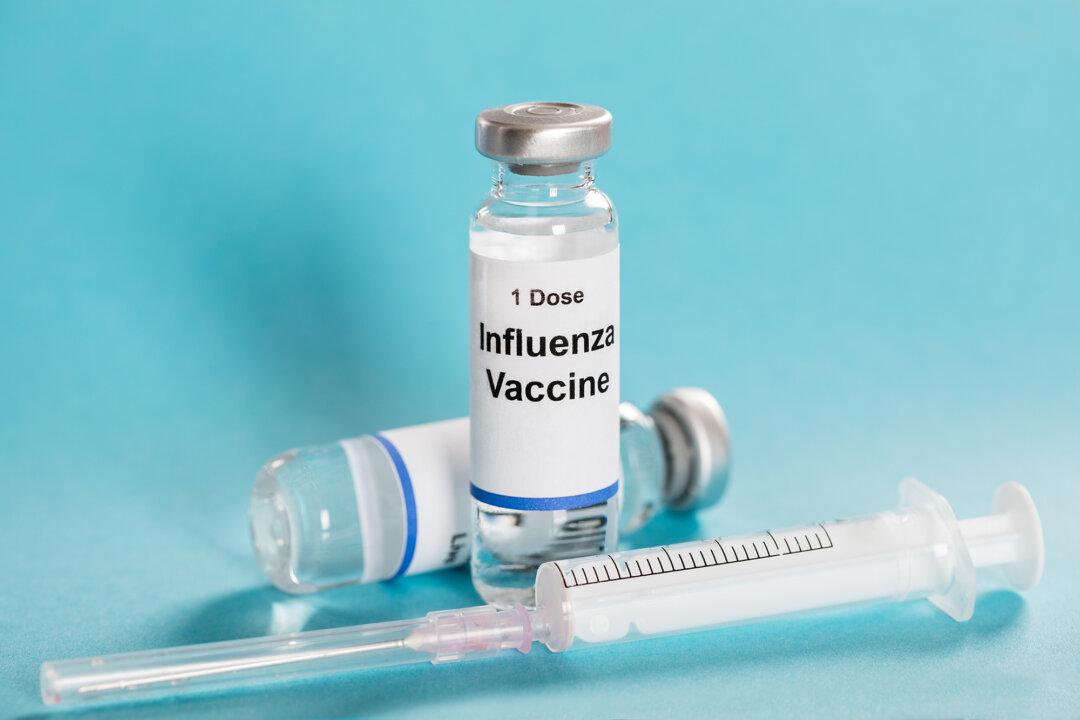Due to concerns about the H5N1 avian virus, which has been shown to spread to humans, the U.S. Food and Drug Administration (FDA) has proposed a new approach to pandemic vaccines.
At the Vaccines and Related Biological Products Advisory Committee meeting on Thursday, Jerry Weir, director of the FDA’s Division of Viral Products, asked the 11 committee members to discuss changes to the influenza vaccine strain change process.






